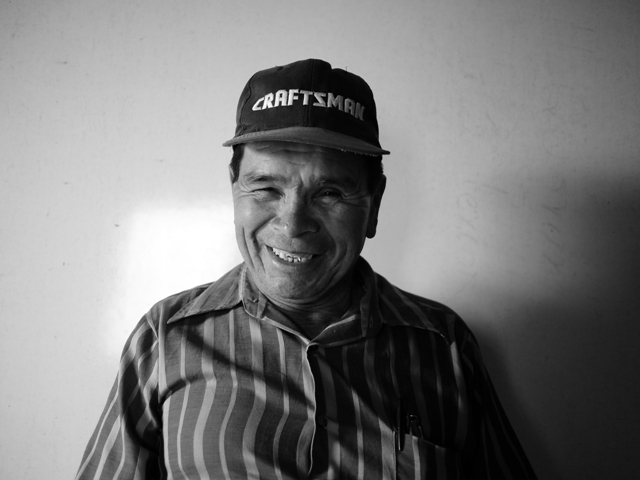The Las Cruces cooperative was established in 1980 as part of El Salvador’s land reforms. For more than 30 years, the hard-working men and women of Las Cruces produced high-quality Borbon and Pacas varietals from one of the most privileged coffee landscapes in El Salvador, nestled on the northern slope of the Ilametepec Volcano among some of Central America’s most celebrated coffee estates. But it wasn’t until 2011 that Las Cruces hosted a coffee buyer for the first time – a first step in building the kinds of direct trading relationships that drive specialty coffee and foster the development of smallholder farmer organizations. We think – and hope – the cooperative will never be the same again.
It was by happy accident that I first drove through Las Cruces in 2008, after taking a wrong turn with my family as we headed to our Christmas vacation. Driving south out of Santa Ana toward Sonsonate on the Carretera de los Naranjos in the late afternoon, we climbed steadily through an endless stretch of gorgeous shade-grown coffee. As we neared the peak, the sun was setting, casting an orange haze over the greens of the coffee forest, and pickers were streaming down out of the hills on dirt roads and foot paths, carrying their empty straw baskets after turning in their freshly-picked cherries at the end of a long day of work. The scene was unimaginably beautiful.
When I later had the opportunity to go back and visit with members of the cooperative, I asked them what they wanted to achieve as part of our CAFE Livelihoods project. While they never used these words precisely, it was clear to me what they were looking for: “nombre y apellido.” It is a common Spanish-language phrase that translates literally – and badly – to “first name and last name,” but whose meaning is unambiguous. Las Cruces wanted to end its anonymity. To begin to develop direct trading relationships. To have a greater say over who it sold its coffee to and under what terms.
During the 2010/11 harvest, the cooperative hosted a coffee buyer for the first time in its history. And it negotiated the direct export of nine lots of coffee for the highest price the cooperative had ever gotten at market. Then it renegotiated its prices even higher. It is hard to imagine that things will ever go back to being the way they were in Las Cruces before this year. We think that is a pretty good thing.
We want to congratulate the leadership and members of the Las Cruces cooperative on taking their first decisive step out of anonymity that marked the first 30 years of their engagement in the coffee trade. We were grateful for the opportunity to work with Las Cruces over the past three years under CAFE Livelihoods, and look forward to continuing to collaborate over the next three years on the Green Mountain-funded Diversifying Livelihoods in Coffee-Growing Watersheds of Central America project.
– – – – –
This “CAFE Success Story” is part of a series of posts published following the recent close of our CAFE Livelihoods project in Mexico and Central America.



